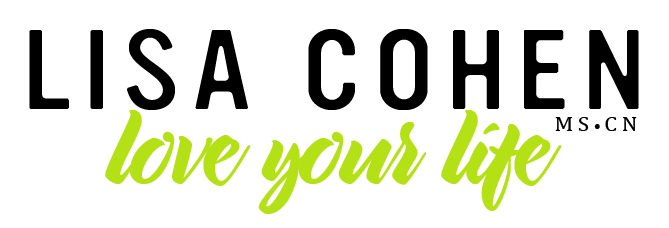Question: Should I be taking a probiotic?
/You don't necessarily need probiotics ( foods or supplements that contain "good" bacteria ) to be healthy. However, probiotics are widely recognized for their value in supporting digestion. They may also improve your immunity by offering protection from harmful bacteria, and improve female hormonal imbalances associated with pms and perimenopause.
You can add probiotics to your diet through nutritional supplements or foods such as yogurt, kefir, fermented and unfermented milk, miso, and some juices and soy drinks. Always read product labels, looking for a statement that the product contains "live and active cultures," such as lactobacillus.
Scientific understanding of probiotics and their potential for preventing and treating health conditions is at an early stage, but moving ahead. Some of the benefits of including probiotics in the diet are:
• Treat diarrhea, especially following treatment with certain antibiotics
• Prevent and treat vaginal yeast infections and urinary tract infections
• Treat irritable bowel syndrome (IBS)
• Reduce bladder cancer recurrences
• Speed treatment of certain intestinal infections
• Prevent and treat eczema in children
• Prevent or reduce the severity of colds and flu
Improve symptoms of pms and perimenopause
Most people can safely add probiotic foods to a healthy diet. If you're considering taking probiotic supplements, check with your doctor to make sure the supplements are right for you.



